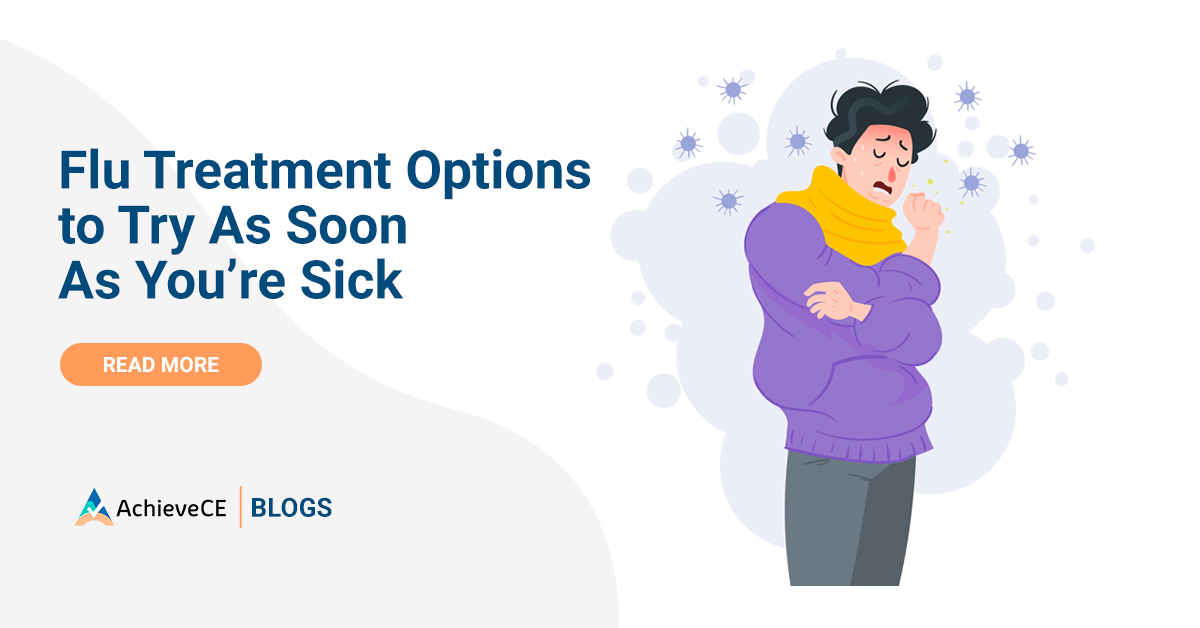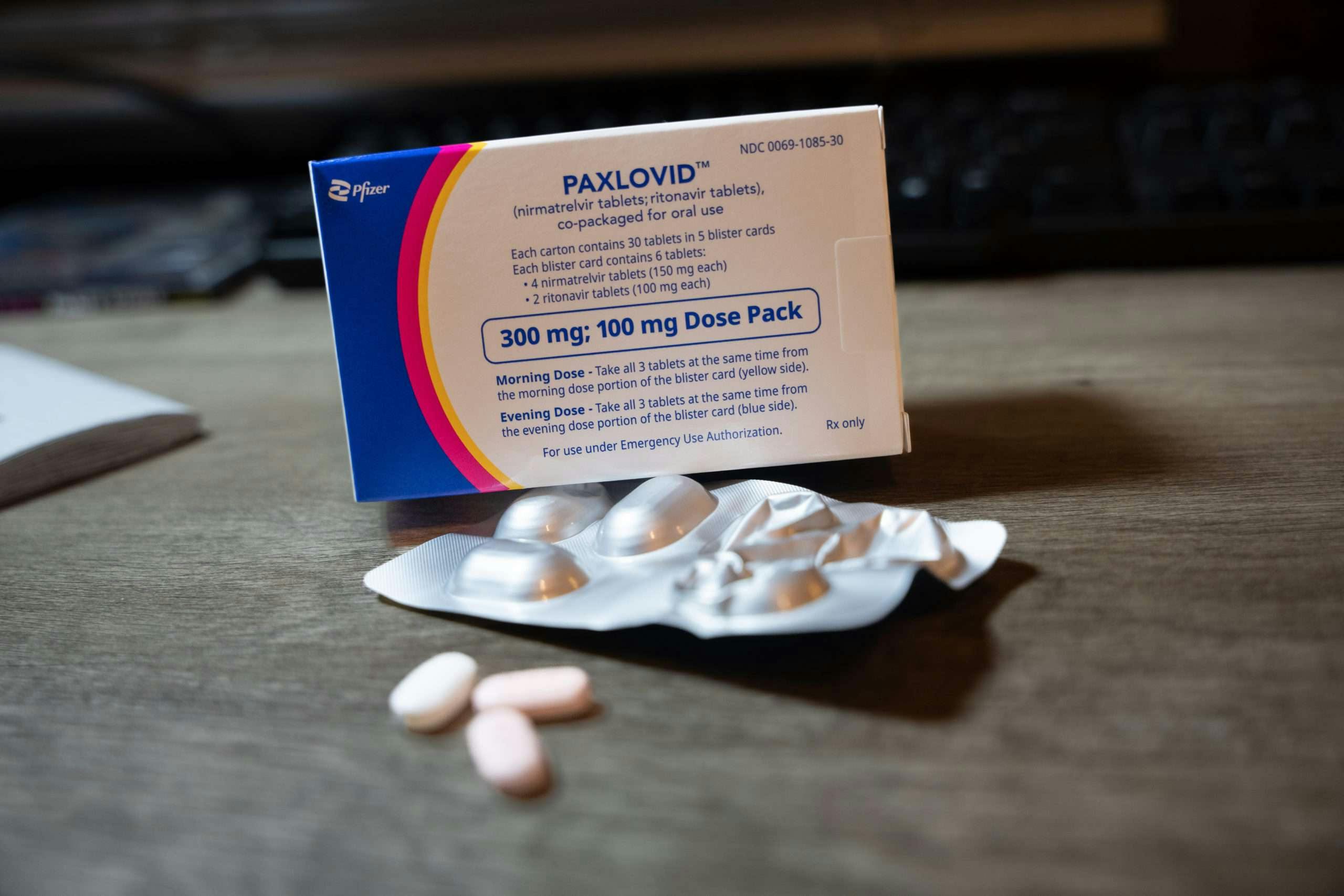Human trafficking mental health impacts millions of victims globally. Although it is usually considered a problem in developing countries, it is also present in wealthy countries such as the United States. According to some estimates, there are over 25 million victims of human trafficking worldwide.
But what exactly does being a victim of human trafficking involve? What effect does this crime have on their mental health long after they've escaped their traffickers? This article will look at some of the most common human trafficking mental health impacts and explain why they may experience PTSD and other post-trauma symptoms even after they have been rescued from their abusers.
What’s In The Article?
Human Trafficking Mental Health Impacts
Implications Of Mental Health Issues
How Society Affects The Mental Health Of Victims
Final Thoughts
Human Trafficking Mental Health Impacts
The impacts of human trafficking on its victims are profound. As one might expect, humans who have been through traumatic experiences can develop mental health issues. This can happen even if they have never been diagnosed with a psychological disorder. Some common human trafficking mental health impacts are PTSD, depression, and anxiety.
Post-Traumatic Stress Disorder
When someone is traumatized, it can be a single event or a series of events that trigger their mind into "fight or flight" mode. The body releases adrenaline and cortisol in this state before eventually slowing down once the danger has passed. These hormones are designed to help us survive in times of crisis, but they also have serious implications for our mental health.
Trauma can manifest in various ways, including flashbacks, obsessive thoughts, and nightmares. Trauma symptoms can appear right after an incident or years later when something triggers them. They can even appear out of nowhere with no warning signs. The bottom line is that everyone reacts differently when confronted with traumatic situations.
Depression
Human trafficking mental health impacts also include depression. It can affect anyone, regardless of age, gender, or ethnicity. However, depression is also one of the most treatable mental illnesses. With treatment, you will feel better and have a normal life again.
Victims may be depressed or hopeless about the future and lose interest in activities they used to enjoy. Depression can make it hard for them to sleep and causes changes in their appetite and weight.
Anxiety
Anxiety can be caused by abuse and exploitation. It is a natural response to stress, but it can also be brought on by a traumatic event.
As a result of their abuse, victims of human trafficking frequently suffer from anxiety and depression. This can result in substance abuse, eating disorders, suicidal tendencies, and other mental health problems.
Survivors may experience anxiety because they fear that the perpetrators will come after them again—or, worse, harm their families or loved ones. They may also have frequent nightmares about what happened while they were being trafficked, or they may be extremely nervous when interacting with strangers or people in law enforcement, such as police officers.
Implications Of Mental Health Issues
Human trafficking mental health impacts can be severe and often persists long after the victim has escaped their traffickers.
Although survivors have been rescued from their traffickers, the effects of their abuse can often persist for years after. Trauma from abuse and captivity can have lasting consequences on mental health and well-being. While some people may recover quickly, others will continue to suffer long after they escape their traffickers since trauma impacts everyone differently.
Some victims are able to bounce back more easily than others, but no matter how long it takes for a victim's symptoms to fade away, it's important not to disregard the severity or impact of those symptoms.
The Effects Of Trauma On Survivor’s Health
Human trafficking mental health impacts also involve changes in the brain’s functions. The brain responds to traumatic events by releasing stress hormones such as cortisol and adrenaline. These hormones help us deal with threats by increasing our heart rate and blood pressure, allowing us to breathe faster, speeding up our metabolism so we don't get tired as quickly, and so on. They also play a role in memory formation—when we encode new memories about an experience into the long-term memory parts of the brain (called declarative memory).
However, prolonged exposure to stress hormones can cause physical damage to the body's organs, such as high blood pressure, or even death if untreated. It affects your immune function and increases your chances of experiencing depression.
It is not surprising that human trafficking victims may have PTSD since they frequently experience extreme stressors. These traumatic events may include witnessing violent acts against themselves or others, being raped or gang raped, enduring beatings, and being threatened with weapons or death.
According to research, trauma survivors have fewer brain cells in the amygdala, a part of our brain that helps us process fear and anxiety. This is why trauma survivors frequently experience dissociation symptoms—they feel disoriented or numb when something triggers them.
How Society Affects The Mental Health Of Victims
Victims of human trafficking may also experience a host of negative mental health effects due to their status within society. For example, they may be stigmatized by people who don't understand the complexity and severity of the problem and assume that victims are criminals or "prostitutes." In addition, they may also be treated as criminals if forced into prostitution or any other form of labor and become part of the criminal justice system.
Furthermore, even if these individuals receive help from social services after fleeing their traffickers, there is no guarantee that those around them will treat them as victims rather than criminals—especially for young children who are survivors of human trafficking. And because many of these youth are not properly identified as victims in the first place—either because no one believes them or because there isn't enough education about human trafficking in their communities—they are frequently cast aside by society after escaping their traffickers.
Some return to prostitution for survival reasons, particularly if they were arrested for prostitution before the police identified their trafficker. Due to the stigma associated with being a sex worker, seeking help is often less necessary than it would be for other groups. It can restrain victims from asking for help and support that could assist them in escaping this situation.
Final Thoughts
Human trafficking is a heinous crime. It can be a life-changing experience that leaves people deeply scarred. Victims' brains, immune systems, behavior, relationships, and sleep patterns are all entirely changed due to traumatic events. Depending on the severity of the trauma, these effects may be physical, psychological, or both. They impact victims' health and overall quality of life because they frequently lead to ongoing problems such as depression or anxiety disorders, which require medication or therapy to manage symptoms like insomnia caused by nightmares about being held captive by traffickers.
It is critical to identify human trafficking mental health impacts to address victims’ situations appropriately. Mental health issues can leave victims feeling helpless and powerless, which can increase their vulnerability.
Find the right CE/CME for you
Fast , Accredited, Affordable, and On-Demand



